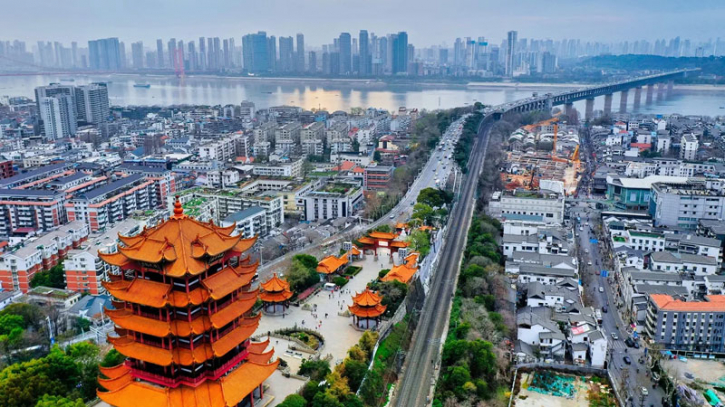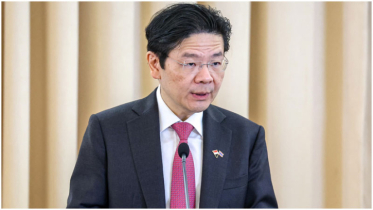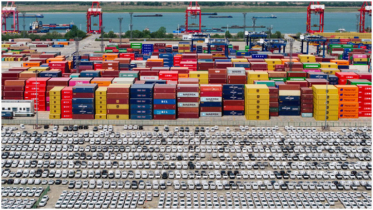Central China's largest city is so cash-strapped it's calling in debts

Wuhan, one of the largest city of China, has publicly demanded that hundreds of local companies repay their debts, in an extremely rare move that highlights the dire financial situation facing many of the country’s municipal governments amid economic uncertainty.
The city’s finance bureau said in a statement published by the official Changjiang Daily newspaper on Friday that a total of 259 companies and entities owed it more than 100 million yuan ($14 million) combined. It urged them to pay their overdue debts as soon as possible.
The debtors or guarantors include state or privately owned companies, government departments and think tanks, according to official media outlets quoting a screenshot of the newspaper.
The finance bureau said it was unsuccessful in collecting the debts and was offering rewards to anyone able to provide useful information about the debtors’ financial assets.
The public appeal by Wuhan, which was at the epicenter of the Covid-19 pandemic that began in late 2019, is highly unusual and underscores the fiscal challenges facing China’s local governments.
Chinese President Xi Jinping’s zero-Covid campaign has exhausted the budgets of many cities and provinces, after they spent billions of dollars on frequent Covid lockdowns, mass testing and quarantine centers before last December’s policy U-turn. A real estate crash has exacerbated the problem, as local governments rely heavily on land sale revenues.
Analysts estimate China’s outstanding government debts surpassed 123 trillion yuan ($18 trillion) last year, of which nearly $10 trillion is so-called “hidden debt” owed by risky local government financing platforms.
Due to tightening budgets, some cities have already slashed medical benefits to seniors, which sparked protests. Other vital services are at risk.
Wuhan’s debt collection announcement came just days after the official financing arms of Kunming, the capital of Yunnan province, struggled to raise enough money to pay what they owed their bondholders. Yunnan is one of the most indebted provinces in the country, with its outstanding debt to fiscal income ratio hitting more than 1,000% last year.
Wuhan and Kunming are not the only city governments revealing the extent of their debt problems. Guizhou, one of China’s poorest provinces, publicly admitted defeat in April in trying to sort out its finances and appealed to Beijing for help to avoid default.
In Wuhan, the debtors include major companies such as Dongfeng Wuhan Light Vehicle, which is controlled by the city’s state asset regulator, and Uni-President Enterprises, a Taiwanese food and beverage giant with significant operations in mainland China.
.png)




